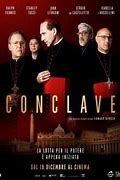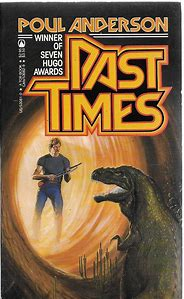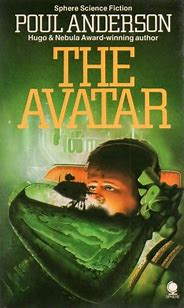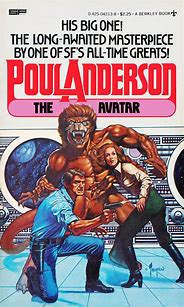The Avatar,
XXVI.
(Explanatory Note: In a post title, "The Avatar VI" means the sixth post about The Avatar whereas, within a post, "The Avatar VI" refers to The Avatar, Chapter VI. Apologies for any confusion.)
Simeon Ilyitch Makarov, premier of Great Russia, says kill the prisoners. His fellow conspirator, Ira Quick, thinks:
"I've had an inferno's worth of hours to agonize over the moral issues..." (p. 232)
Quick tells himself that he has agonized so what has this agony done for him? His thought continues:
"A time finally comes when the civilized man must attack alongside his ally of expediency or be left behind and have no voice at the peace conference." (ibid.)
Quick has previously thought of this ally of expediency as:
"...you barbarian tyrant." (XXV, p. 216)
Now Quick says:
"'Sir, let's sleep on it and then talk further, but at the moment I am inclined to believe that in principle you are right.'" (p. 232)
That means: "You are right." Everything before that is prevarication. James Blish wished that CS Lewis had written more fiction precisely because of his ability to show how people deceive themselves in just this sort of way.
Some other prevarications that I have heard:
"I used to be a person who was promiscuous."
That means: "I was promiscuous." Six unnecessary words serve only to delay the admission, if such it is.
A British theologian: "The truth is that I adore Jesus."
In a theological work, we expect a phrase like "The truth is..." to presage a theological truth. Instead, this writer's subjective state of mind is elevated to the level of "truth." His sentence means: "I adore Jesus." That is a psychological or biographical datum about him, not "The truth..."











































